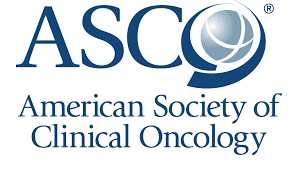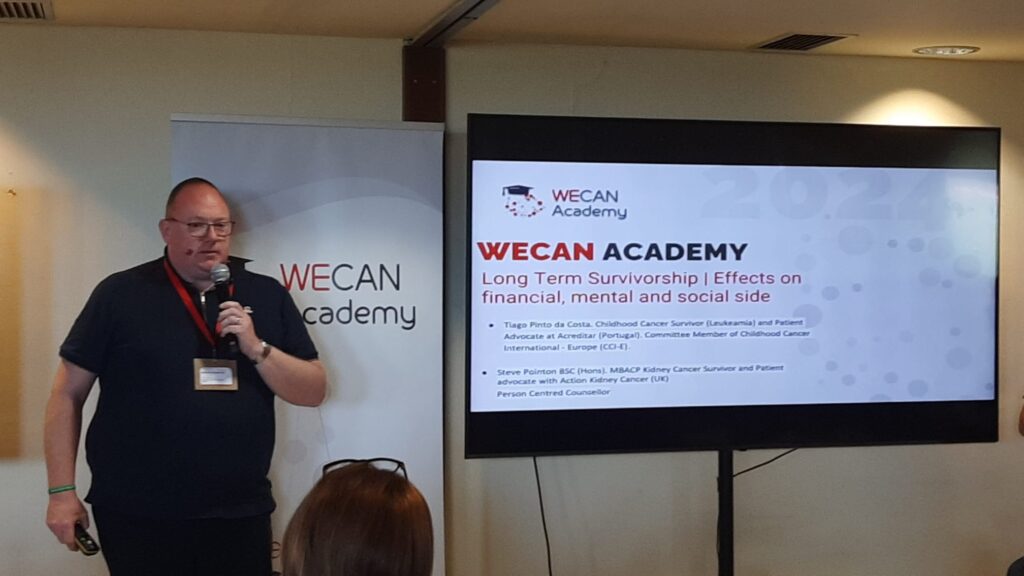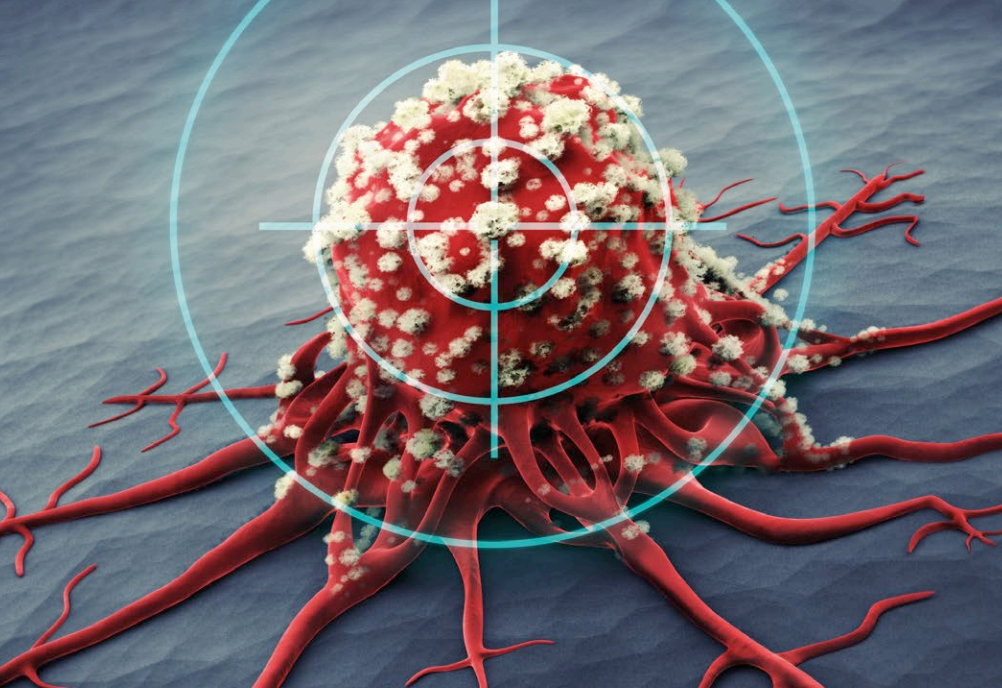Share this Page:
Two recent studies presented at the American Society of Clinical Oncology (ASCO) Annual Meeting held in Chicago this week, suggest that levels of a protein called hepatocyte growth factor (HGF) in the blood, and certain changes (mutations) in the genes called BAP1 and PBRM1 in kidney cancer tumours are promising biomarkers for the prediction of survival in patients having different treatments for renal cell carcinoma (RCC).
Low levels of HGF in the blood of patients with advanced clear-cell RCC were associated with good overall survival (OS) in the patients treated with interferon-α (IFN-α) with or without bevacizumab. High levels of HGF were associated with poorer overall survival. The findings confirm previous work tying low baseline HGF levels to improved OS in patients with RCC.
The researchers said “Low HGF levels that remain low suggest that some patients may benefit from more selective VEGF-only targeted agents. High HGF levels at baseline or over time suggest that some patients may need agents that also target the HGF-MET axis.”
In another study, mutations in the PBRM1 and BAP1 genes were correlated with angiogenesis in patients on first-line tyrosine kinase inhibitor (TKI) therapy. The research team examined sunitinib or pazopanib treatment outcomes in 352 advanced RCC patients, along with mutations in their BAP1 and PBRM1 genes, and angiogenesis pathway gene expression. Overall survival was significantly worse among patients whose tumours had BAP1 mutations. In contrast, PBRM1 mutations were associated with improved progression-free survival and overall survival.
Read more here and read the original ASCO abstracts 4522 and 4523













